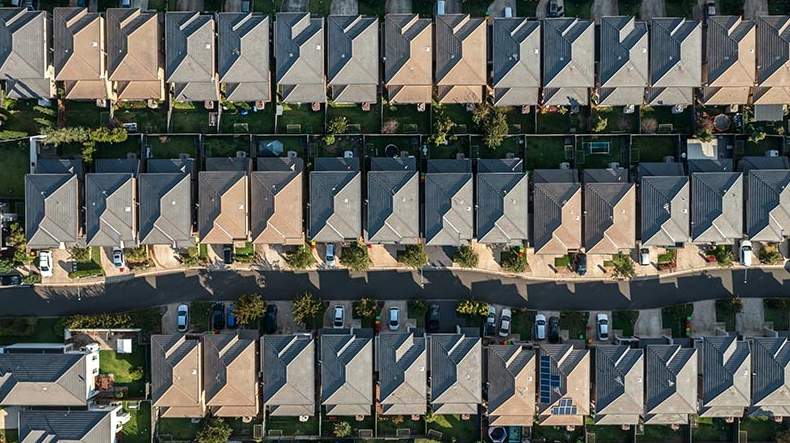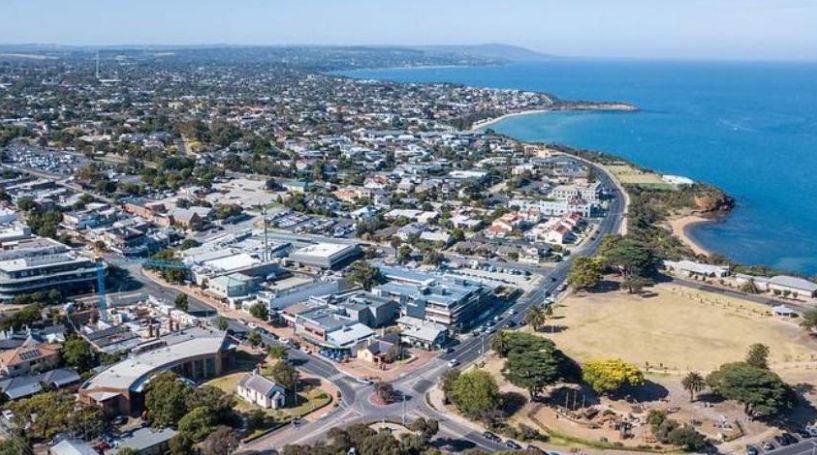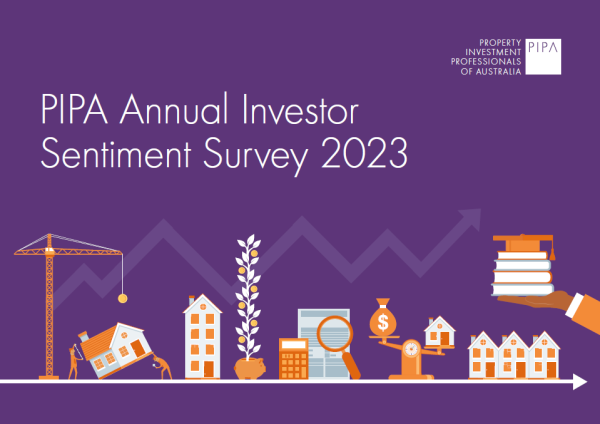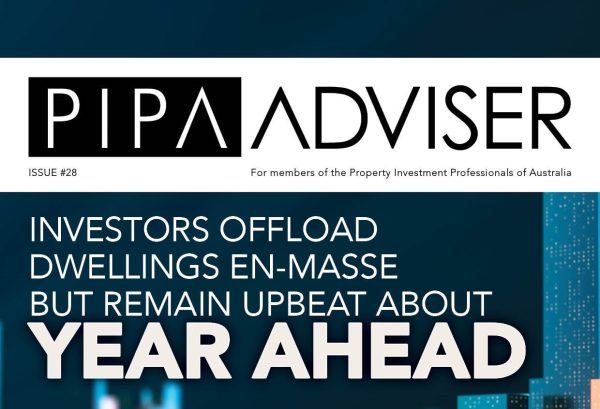Prices rise pre-COVID-19, sentiment positive
Jul 2020Karen Millers
Categories
Location ReportsMedia releasesNational market updatesPersonal advisersPIPA AdviserPIPA Annual Investor Sentiment SurveysPIPA Member ProfilesPIPA video updatesPIPA webinarsPodcastsProperty advisersProperty newsLatest Articles
Rent rises ease but crisis’ link to population density found to be tenuous
Jordan van den Berg: The ‘Robin Hood’ TikToker taking on Australian landlords
Victorian property investors face yet another new property tax as council tests levy
Rentvesting in Australia: A deep dive
‘More chance of winning lotto’ than housing targets being met
The latest edition of the Real Estate Institute of Australia’s Real Estate Market Facts shows house prices increased in the March quarter.
According to REIA, the weighted average median price for houses for Australia’s eight capital cities increased to $786,923. Sydney, Melbourne, Hobart and Darwin all saw increases.
Meanwhile, the weighted average median price for other dwellings increased to $602,293 over the quarter. Here, prices increased in Sydney, Melbourne and Adelaide but decreased in Brisbane, Perth, Canberra, Hobart and Darwin.
REIA president Adrian Kelly said this marks the largest March quarter increase since 2017 which was the beginning of the 2017/18 housing boom.
“Over the quarter, the median rent for threebedroom houses increased in all capital cities except for Brisbane and Perth, which remained steady and Darwin, which decreased,” Kelly said.
“The median rent for two-bedroom other dwellings increased in all capital cities except Darwin, which had a 2.4% decrease.”
At the same time, the weighted average vacancy rate for the eight capital cities decreased to 2.5%, which shows a tightening in the market compared to last quarter, REIA said.
New lending to household data released by the Australian Bureau of Statistics also shows lending to households for investment in dwellings decreased 16.3% over the quarter and decreased 13.1% for owner occupiers.
“The decrease is usual for the March quarter and has been occurring for the past 10 years,” Kelly said.
However, these figures do not reflect the impact COVID-19 has had and is further expected to have on the market. Still, consumer sentiment remains optimistic, with more than 70% of property investors believing now is a good time to buy.
New research conducted in May by the Property Investment Professionals of Australia (PIPA) and the Property Investors Council of Australia (PICA) shows 72% of investors are confident in the property market’s short-term prospects, having dropped just 10% since September 2019.
It also revealed that COVID-19 had not changed the investment plans of 80% of respondents over the next six to 12 months.
PIPA chair Peter Koulizos said the results confirm investors remain positive on the property market despite the economic fallout of the coronavirus.
“Nearly 60% of respondents indicated that the pandemic had not made them change their investment plans over the next six months, with a further 18% saying the crisis had actually made it more likely they would purchase a property over that timeframe,” Koulizos said.
“The survey results also showed about 30% of investors were more likely to buy a property in the next six to 12 months because of the pandemic.”
Interestingly, 36% of those surveyed had lost income during the COVID-19 crisis; however the majority (91%) had not applied to defer their mortgage repayments with their lender.
Only a small percentage (5%) of respondents indicated the pandemic had forced them to consider selling their property in the next six to 12 months, PICA chair Ben Kingsley said.
“What’s more telling is that more than 30% said they were less likely to sell over the same period because of the pandemic, with 63% indicating no change at all to their plans,” Kingsley said.
Jamie Williamson, Financial Standard, National, 6 July 2020




